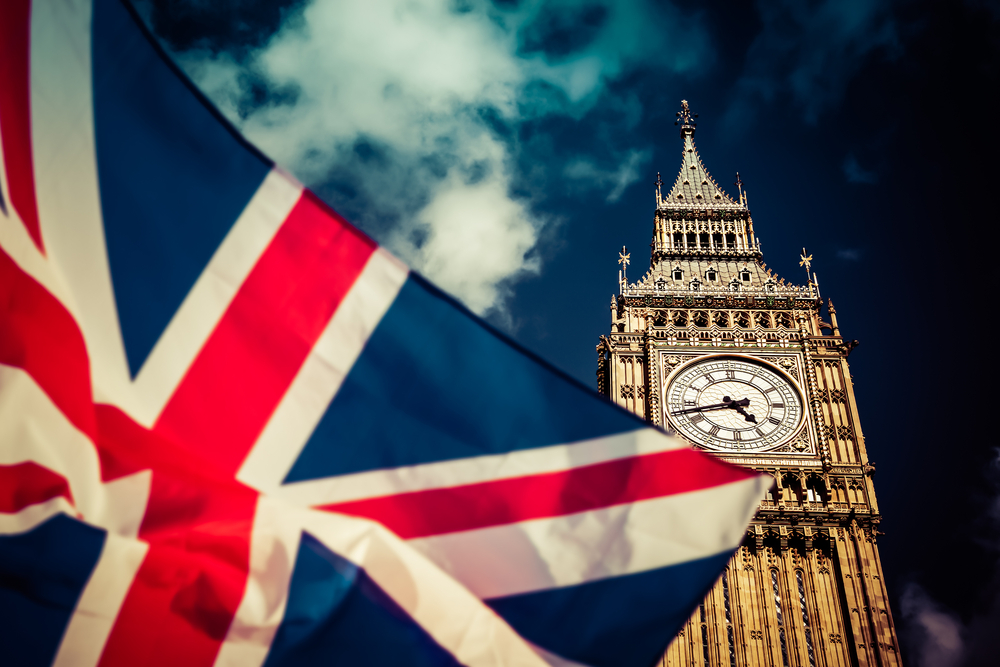Buy Now, Pay Later (BNPL) has become one of the fastest-growing payment methods of the last several years, particularly in the UK.
According to new research by personal finance comparison website finder.com, half of UK adults (50%) have at some point used BNPL to pay for goods or services, equating to roughly 26.4 million Brits.
Furthermore, 14% of those Brits – or 7.7 million people – used BNPL for the first time in 2023, indicating that current economic pressures and the ongoing cost-of-living crisis have ultimately led to Brits using the instalment-based payment method to budget their money.
The rise in adult usage of BNPL is startling as the payment method has typically been used by younger age demographic groups.
Whilst adult BNPL consumption is on the rise, usage from millennials (aged 24-42) and Gen-Z (aged 18-23) continues to remain high. According to finder.com, 69% of millennials and 68% of Gen-Z consumers have used the payment method.
Despite usage at seemingly all-time highs between varying age demographics in the UK, the research report highlights that two in five Brits (38%) have never used BNPL and have no intention to use it in the future.
This may be partially due to the fact that BNPL in the UK is still largely unregulated with no clear legislation presiding over it.
The Financial Conduct Authority (FCA) has worked alongside the government to lay out plans to take the first steps in regulating the BNPL space last year under a draft legislation. However, there have been no follow-up talks on the consultation since then.
With the FCA’s own research showing that BNPL usage is on the rise with British adults, the financial regulator has acknowledged that more people are turning towards the payment method due to the impact of the current economic climate.
Klarna, the most popular BNPL provider, has called on the UK government to introduce a regulatory framework as the “arguments in favour are too strong” and “hope it happens quickly”.

Yet the main criticism that remains pre-and-post cost-of-living crisis remains, can the people using BNPL actually afford to use it?
Affordability checks have been one of many proposals under a potential legislative bill, as well as late payment charges, which have worryingly increased in parallel to the number of BNPL transactions.
Finder.com’s research shows that over half (53%) in the last 12 months have paid at least one late fee from a BNPL purchase, with the average amount paid sitting at £23.50.
Despite Klarna introducing for the first time a late payment charge to its services last year, Liz Edwards, Editor-in-Chief at finder.com, believes it is now time for consumers to gain the same protection for BNPL as they would with other forms of credit.
She said: “There are millions of Brits turning to buy now, pay later during a cost of living crisis, but it’s a total lottery whether they can actually afford it – because BNPL lenders don’t have to check before approving them – whether they’ll get the information they need, whether they’ll be charged a late fee if they miss a payment, and whether, if they can’t pay, the bailiffs will show up.
“Consumers need the same protections in this sector that they get with other types of credit – they need proper information upfront, such as what the deal is and what happens if they miss a payment, and they need to be able to complain to the Financial Ombudsman if things go wrong, which currently, they can’t.
“When I spoke to the Financial Ombudsman’s office about BNPL complaints, it couldn’t tell me how many it had received as it doesn’t keep records for unregulated products, since it can’t investigate them.”
With a UK election looming this year, it is still unclear whether either the Conservative or Labour Party has outright plans to introduce a BNPL regulatory framework in the near future.























